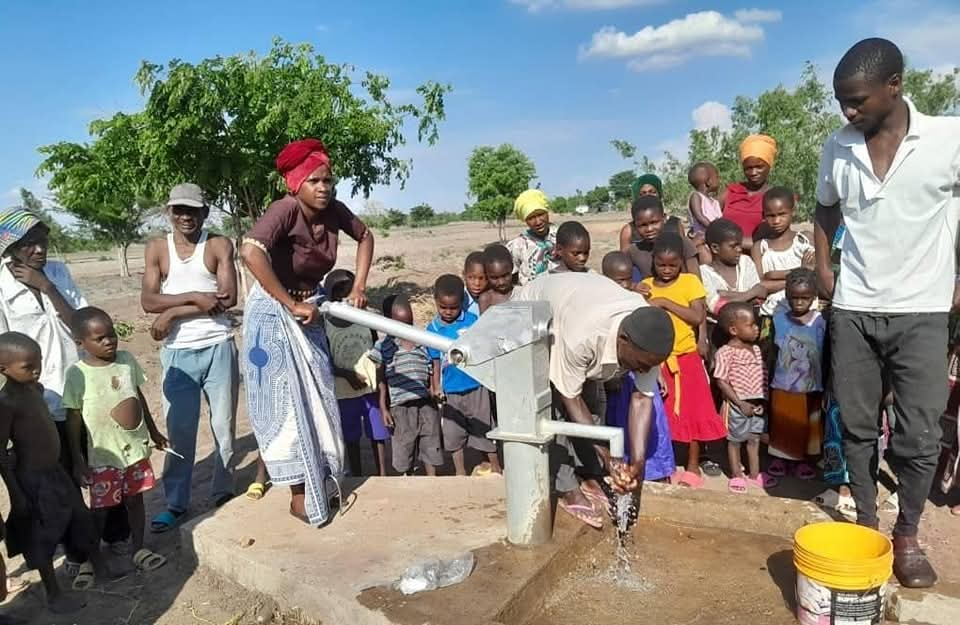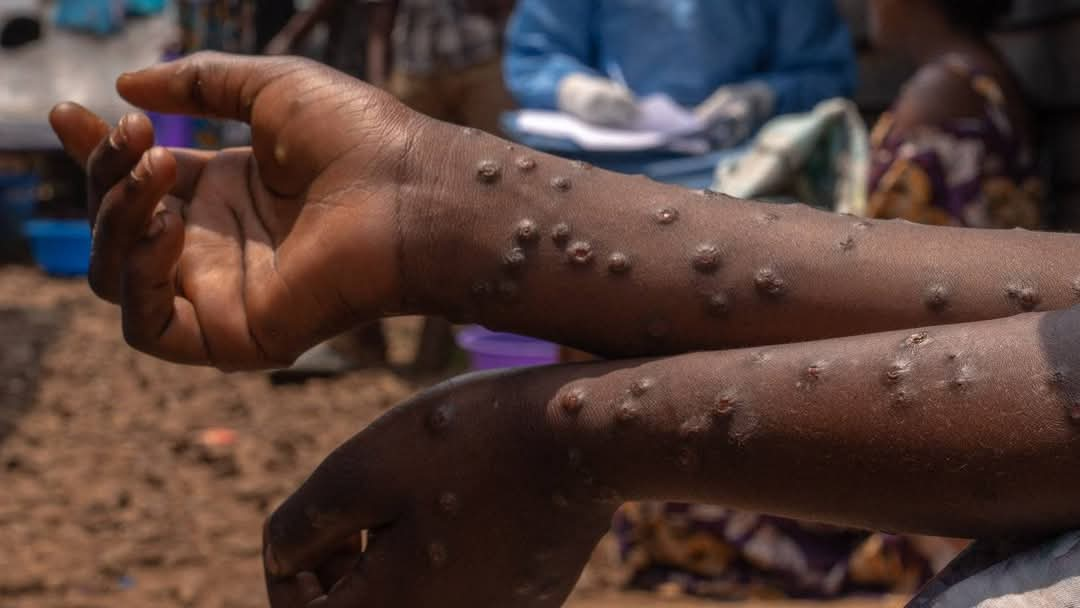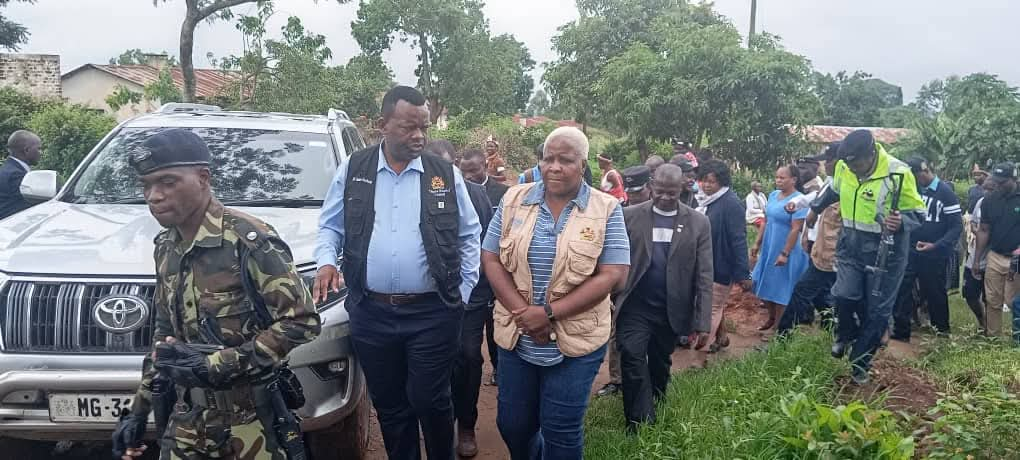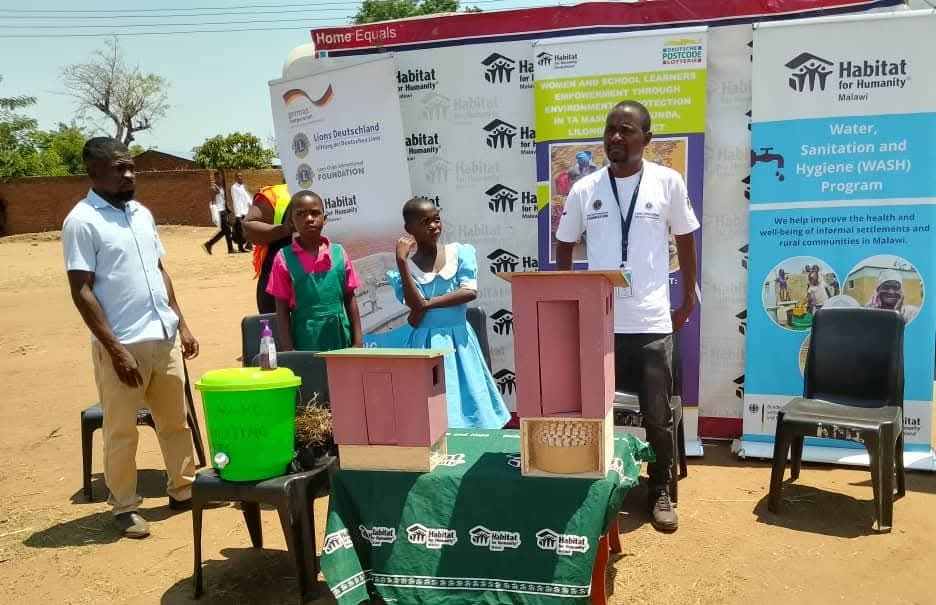By Burnett Munthali
In a continued effort to address the recurring threat of cholera, particularly during the rainy season, Brave Nyirenda, the Executive Director of Women of Virtue International Christian Charity Organisation (WOVICCO), has called on stakeholders to prioritize access to clean and safe drinking water in vulnerable communities.
Nyirenda made the appeal after WOVICCO successfully repaired a broken borehole at Ntweya Village in Traditional Authority Kawinga’s area, Machinga District. The borehole had been dysfunctional for four years, leaving residents without a reliable source of potable water.
“Access to clean water is a fundamental right and a critical factor in preventing cholera outbreaks. As we approach the rainy season, we urge stakeholders to invest in sustainable water supply systems for rural communities. This intervention will save lives and reduce the burden on our health systems,” Nyirenda said.
The repaired borehole, which now serves 260 households, has brought relief to the residents of Ntweya Village. Village Head Ntweya expressed deep gratitude for the gesture, highlighting the hardships women and children had endured during the borehole’s four-year downtime.
“Our women have been waking up as early as 4 a.m. to fetch water from distant and often unsafe sources. This repair has not only brought clean water closer to us but also restored dignity and convenience to our daily lives,” the traditional leader remarked.
Cholera remains a significant public health challenge in Malawi, especially in rural areas where access to clean water and sanitation is limited. Stakeholders, including non-governmental organizations like WOVICCO, play a pivotal role in bridging these gaps and building community resilience against waterborne diseases.
Nyirenda reiterated WOVICCO’s commitment to supporting underserved communities, emphasizing that collaborative efforts between government, NGOs, and local leaders are essential to ensuring sustainable development and health outcomes.
The intervention at Ntweya Village serves as a reminder of the pressing need for investment in water infrastructure across Malawi, particularly as the rainy season looms, bringing heightened risks of waterborne diseases.




